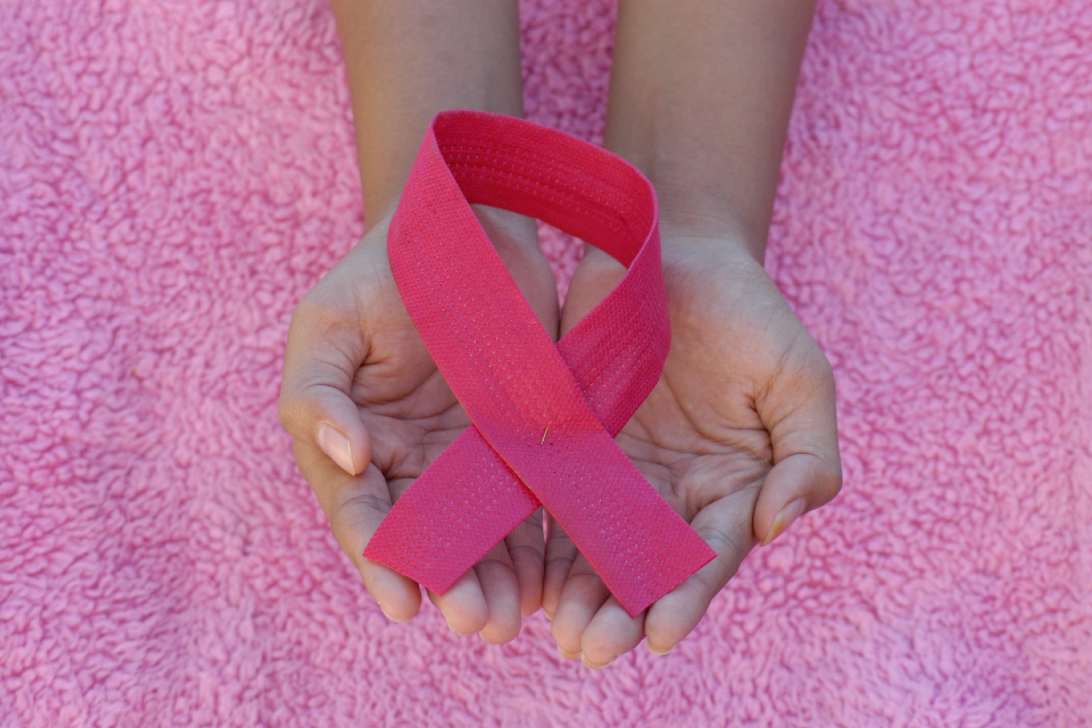“For most diagnoses all that is needed is an ounce of knowledge, an ounce of intelligence, and a pound of thoroughness.”
~Anonymous (Arabic Proverb. In Lancet (1951), others as well)
December 21, 2017
Doctor’s office
Doctor’s office
I like to think that I take good care of myself. I eat well, exercise, maintain a healthy mindset, stay positive, socialize frequently and all the other myriad of things people would say constitute good mental, emotional and physical health. I see doctors, dentists and ophthalmologists annually. Regardless of that, I was unconsciously dismissing the telltale signs of illness that my body was exhibiting.
I established a custom of getting an annual physical just before the Christmas holiday. The company I worked for always demanded wellness checks in advance of the new calendar-year health benefits kicking in, so I made a point of getting my blood pressure checked, mammograms taken, and basic blood testing done before the end of the year. It was also a good time to use up any healthcare reimbursement funds that might expire at the end of the calendar year. This year would be no different. As I booked my appointment for my annual exam I made note that I wanted to be checked for the lumps under my armpit and in my breast.
For the majority of the year I had been experiencing different symptoms that seemed unrelated. I had assumed that the pain in my hands was rheumatoid arthritis and had tried treating it naturally by consuming so much turmeric I thought I’d turn orange. I had the weight loss, which I rationalized. I had heart palpitations and sleep deprivation, which I thought could be symptoms of menopause or anxiety from the stress at work. The company was reorganizing, jobs were changing and I wasn’t sure if I would have a seat when the music stopped. I had seen a doctor in February who thought that I might be having panic attacks. So I tried to focus on being calm.
I had talked with Wayne about my concerns. One evening he was sitting on ‘his spot’ on the couch, beloved iPad in lap, and I said that something felt wrong with me. I told him I thought I was getting paranoid. I knew something was off, and it wasn’t menopause. While reading his iPad, in an uninterested manner, he shifted his eyes toward me, above his glasses, and said, “Go see a doctor”, and resumed his reading, dismissing my concerns.
By the time I made the appointment with my primary care physician for my annual exam in December, I knew I had cancer. I was certain. The lumps and the painful lymph nodes being obvious symptoms. I did not need the doctor to tell me that. There were just too many clues when I stopped to add them up: weight loss, tiredness, soreness, lumps, lymph nodes, etc. I just didn’t know that all of my symptoms were related to cancer.
I would see the doctor today, then schedule my annual mammogram and find out what was wrong. As I sat in the lobby area, waiting to be called for my appointment, I wasn’t worried. I had a certainty that I had cancer. I wasn’t stressed about it at this point, it was more matter of fact. I had so much going on in my head related to the long weekend, the legalities of the 5150, and the weirdness I was experiencing, that I didn’t have enough space to add cancer to the list of concerns in my head and heart. I tucked it into the back of my mind to look at later. For now, I didn’t think beyond meeting with the doctor and getting a mammogram. These were things that needed to be done, things to check off my “to do” list, and tasks to accomplish. The diagnosis details and treatment options were not in my frame of consciousness yet. I wasn’t consciously thinking “one step at a time”, I was just task-oriented.
I was called for my appointment and walked to the treatment room. Left to my own devices, I still didn’t dwell on the details of why I was there, just thought about what I needed to accomplish that day. I didn’t allow my mind to get beyond the next 15 minutes.
I immediately felt put on the defensive.
Was I guilty again? Was this my fault? I was perplexed by her statement. In confusion, I declared, “That is not right.”
She read the computer records to me.
As I tried to reconcile the computer information with what I knew, I found myself feeling very boxed in. I wasn’t as sure of myself as I would have been before the long weekend. I knew she was wrong, but having my mental state challenged so often, I started to question myself. Which made me angry that even the certainty of my memories was being taken from me.
She was acting very arrogant. I started to feel like I was being blamed for something. For what, I don’t know. Which made me turn internally, wondering if I had missed something. I hated that she made me doubt myself.
I countered with, “I had one in December, last year. The only thing that was different about last year was that the clinic offered me the option to have the mammogram at a different location than prior years, which I accepted since it was closer to my home.”
Still looking through my online files, the doctor didn’t reply and I continued talking, filling in more details about the last mammogram.
“I never heard back from the clinic, so I assumed it was normal. In fact, I called in February of this year (related to my joint pain), and asked about the mammogram and your response was, ‘Your breasts are dense and lumpy’ so mammograms are not as effective at seeing abnormalities.’ At the time, I wasn’t sure what that meant. Was the imaging clear or indeterminate?”
As I was speaking, I thought back to the conversation with the doctor about last years’ mammogram. At the time I was suspicious of her statement about the effectiveness of mammograms, specifically recalling how I thought it wasn’t the glowing recommendation for mammograms that you’d get from the Susan Komen foundation.
Not only was I sure I had a mammogram, I could distinctly recall, in detail, a conversation with a friend last year, about my mammogram visit. We talked about the fact that we both have dense breasts and I shared with her the doctor’s comment about mammogram effectiveness for dense breasts. We were concerned about the less effectual testing.
My doctor explained that Teddy Roosevelt had recently purchased the clinic. As part of the acquisition, the clinic was going through a computer system implementation, and that to be safe, we should redo all the tests again this year. When I heard her mention Teddy Roosevelt, I tensed up, wondering if she knew about my stint in the Behavioral Unit. But not a peep of it from her.
I thought, wait a minute, this is your fault. You have no record of my mammograms. You lost 10 years of records? You can’t even tell me the results of my last exam. And you sit here casually with a tone of accusation toward me. This is a royal f@#k up. Why are you turning this on me? Is this you, covering your ass? I should be blaming you, not feeling guilty that I did something wrong. But I couldn’t attack back unless I had the proof. I knew what I knew, but I didn’t have the proof in hand.
If I was right, then the Doctor was just thinking about herself. What happened to patient care? Are all doctors worried more about being sued than about keeping me healthy? I thought doctors took an oath to do no harm, but where does the “cover your ass” part fit into that?
I made a mental note to go home and hunt down the report and tests from last year to show the doctor. I was determined to prove that I had the tests even when her system seemed to have lost my records.
At this point, she said, “Let’s do an examination and then we’ll discuss this further.” At which point, she did a full examination and had me answer several questions.
At the end of my examination her facial expression didn’t match her words. She looked concerned yet her words were benign, “Hmmm. Let’s get an image and do some blood tests.”
She also asked me if I was intentionally losing weight. I said, “I am always considerate of what I eat and make sure I exercise at least five times a week, yet I have been under some stress because of personal family stuff. But not trying to lose weight.”
Leaving the doctor’s office I made an appointment for the earliest available mammogram appointment which was in early January. I had no further information or confirmation of what I knew was true, namely that I had breast cancer. In my state of mind, not trusting anyone, I knew all of the strange events were part of a bigger plot. The conspiracy was more concerning than knowing that I had cancer. I wanted to prove that the government was trying to make me crazy. And I believed that my doctor was covering up malpractice. She was trying to hide the fact that they lost my mammogram records. My mammogram last year was likely suspect, they failed to contact me, and now they were in cover-up mode. Everyone was out to get me.
Photo by Dainis Graveris on Unsplash
ABOUT THE AUTHOR

Nikita Mears
Follow my crazy, true story. Curated and original content published weekly!
Nikita@dontreleaseme.com







Leave A Comment
You must be logged in to post a comment.